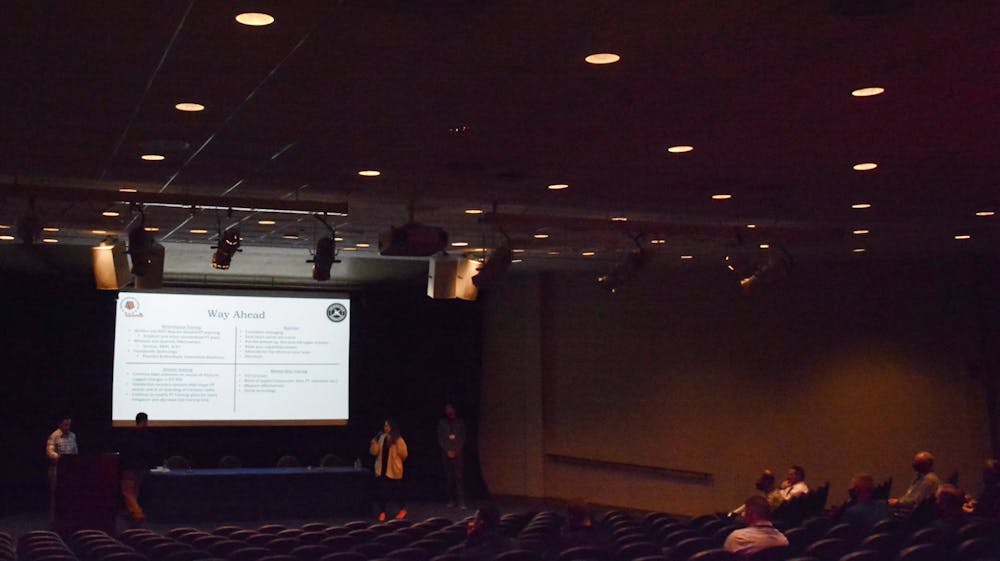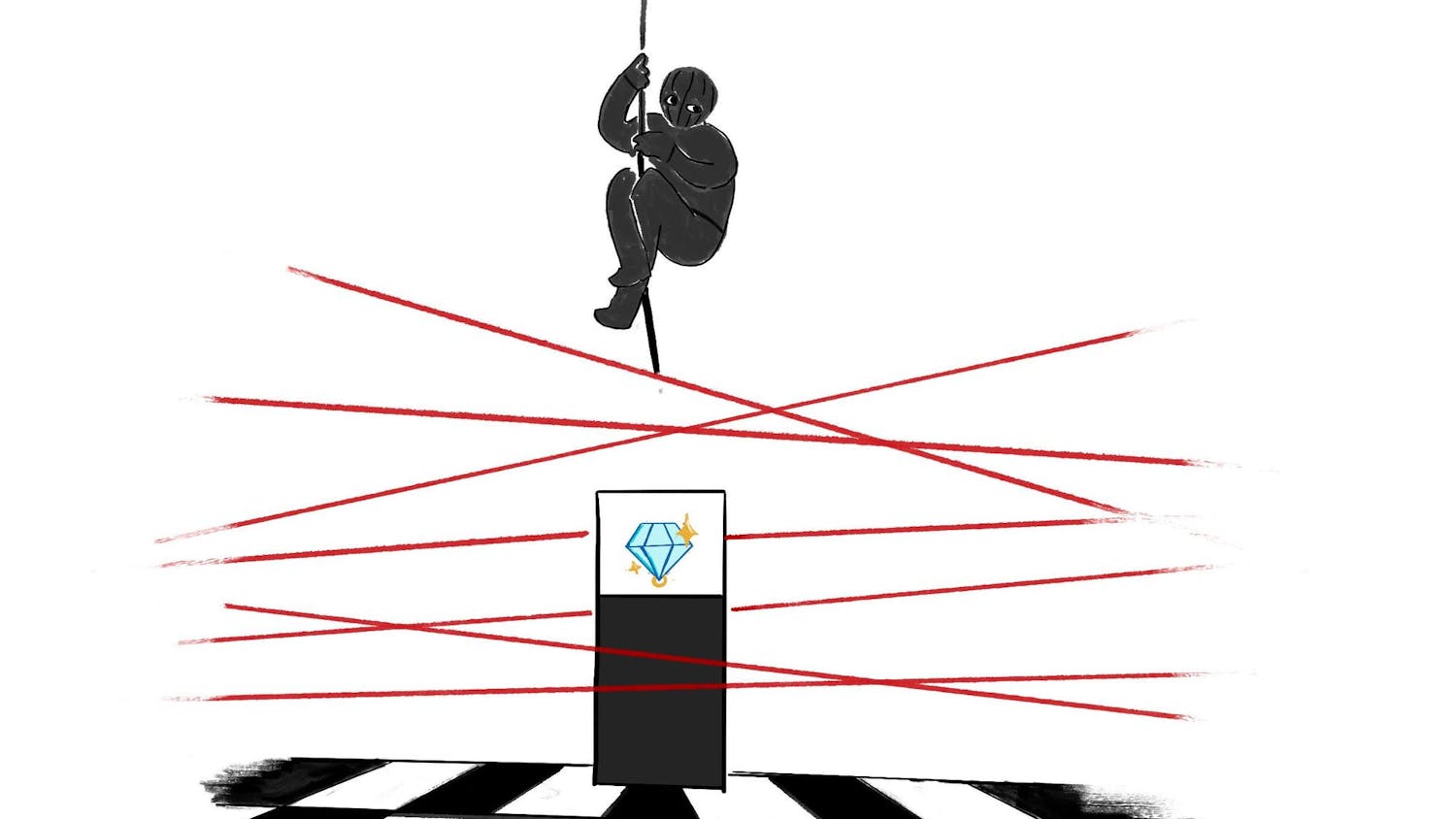Auburn’s Warrior Research Center has been a catalyst for change since its inception in 2013. The researchers work to improve the lives of current and former members of the armed forces, police officers and firefighters.
JoEllen Sefton is the director of the Warrior Research Center and leads them in their mission to “assist the United States Armed Forces to maximize readiness through improved Warrior health and wellness, improved physical and technical performance, and innovative vehicles and equipment in order to fight and win in a complex world," as their mission statement reads.
“These are the people who put their lives on the line for us,” Sefton said. “Currently, they aren't always being taken care of in the best ways.”
The center serves as a collaboration between researchers, the military and tactical athletes to further the development and implementation of new knowledge in human factors. They work to improve performance, resiliency and wellness while providing leadership through research and education to better serve veterans, tactical athletes, families and the Auburn community.
Their research focuses primarily on innovations that improve readiness through performance optimization, injury prevention and training. Additionally, members work to improve equipment and vehicles, as well as the human-machine interface.
“We are a center of collaboration and try to be a catalyst for change,” Sefton said. “We bring everybody together at the table to figure out what the problems are and how best to address them.”
Some of the current research projects the center is working on are spinal health in mounted and dismounted war-fighters, soldier fueling, the impact of heat on firefighter physiology and initial entry training soldier success.
The center hosted its bi-annual Tactical Athlete Human Factors Summit on Oct. 27 and 28. The summit was an intersection of health, technology and innovation for the U.S. Armed Forces. Members of industry, academia and government all came together to share novel ideas and report key findings to optimize tactical athlete performance.
The summit consisted of keynote speakers, presentations, posters and panel discussions about research in the field. Later, new projects related to equipment and vehicle impact, medical treatment and rehabilitation, soldier training and injury prevention were unveiled.
“This is our opportunity to reach out to our tactical athletes and share the work not only that we’re doing, but that researchers and other tactical athletes are doing,” Sefton said. “We’re trying to bring the information to our tactical athletes so they can make positive changes and stay safer and healthier.”
The keynote speakers at the conference were Sgt. Maj. Troy E. Black, 19th Sergeant Major of the Marine Corps; Lt. Gen. Ronald P. Clark, commander, U.S. Army Central Command; Col. Kevin A. Bigelman, director for the Holistic Health and Fitness System at the U.S. Army Training and Doctrine Command’s Center for Initial Military Training, Joint Base Langley-Eustis, Virginia; and Capt. Michele A. Kane, Captain, Nurse Corps, United States Navy.
Do you like this story? The Plainsman doesn't accept money from tuition or student fees, and we don't charge a subscription fee. But you can donate to support The Plainsman.
Ethan Stamper, journalism major, is the campus reporter for The Auburn Plainsman.





